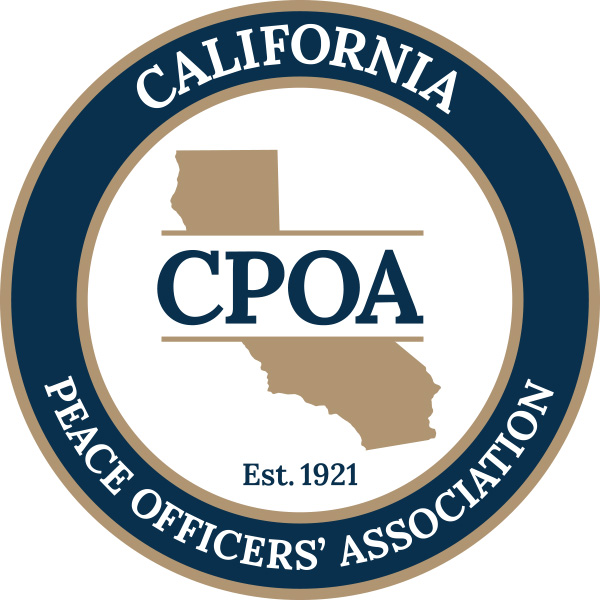Provided by CPOA Legal Counsel, Paul R. Coble, Jones & Mayer
By Executive Order dated March 30, 2020, Governor Newsom extended the statute of limitations under Govt. Code §3304(d) by 60 days.
Govt. Code §3304(d) reads in pertinent part[1] as follows:
- Except as provided in this subdivision and subdivision (g), no punitive action, nor denial of promotion on grounds other than merit, shall be undertaken for any act, omission, or other allegation of misconduct if the investigation of the allegation is not completed within one year of the public agency’s discovery by a person authorized to initiate an investigation of the allegation of an act, omission, or other misconduct. This one-year limitation period shall apply only if the act, omission, or other misconduct occurred on or after January 1, 1998. In the event that the public agency determines that discipline may be taken, it shall complete its investigation and notify the public safety officer of its proposed discipline by a Letter of Intent or Notice of Adverse Action articulating the discipline that year, except as provided in paragraph (2). The public agency shall not be required to impose the discipline within that one-year period.
Paragraph 15 of Executive Order N-40-20 provides that:
The deadline specified in Government Code section 3304(d) for opening and completing investigations of alleged misconduct by public safety officers is extended by 60 days.
Under §3304(d) the one-year statute of limitations begins to run from the date that the allegation was known to a member of the agency who possessed authority to initiate an investigation of the allegation. The operative effect of Executive Order N-40-20 (15) is to extend that period by 60 days.
HOW THIS AFFECTS YOUR AGENCY
Notwithstanding N-40-20 (15), it remains the best practice that agencies move forward as expeditiously as is consistent with the truth-seeking mission of such investigations; and, not to delay completion just because there is time remaining under the statute of limitations.
The Governor’s Order is not to be seen as some kind of “pass”, but rather is in recognition of present circumstances, and that prioritization of resources warrants more time within which to address a wide variety of issues as set forth in each of the 21 paragraphs of N-40-20.
In addition, agencies may wish to consider non-traditional manners of conducting administrative interviews, such as use of a web-based videoconferencing platform, in order to minimize personal contact during this time of crisis.
As always, if you wish to discuss this matter in greater detail, please feel free to contact Paul Coble at (916) 771–0635 or via email at prc@jones-mayer.com .
Information on www.jones-mayer.com is for general use and is not legal advice. The mailing of this Client Alert Memorandum is not intended to create, and receipt of it does not constitute, an attorney-client-relationship.
[1] The remainder of 3304 pertains to existing factors which would toll the statute of limitations, i.e., pending criminal investigation, unavailability of subject officers, etc.


